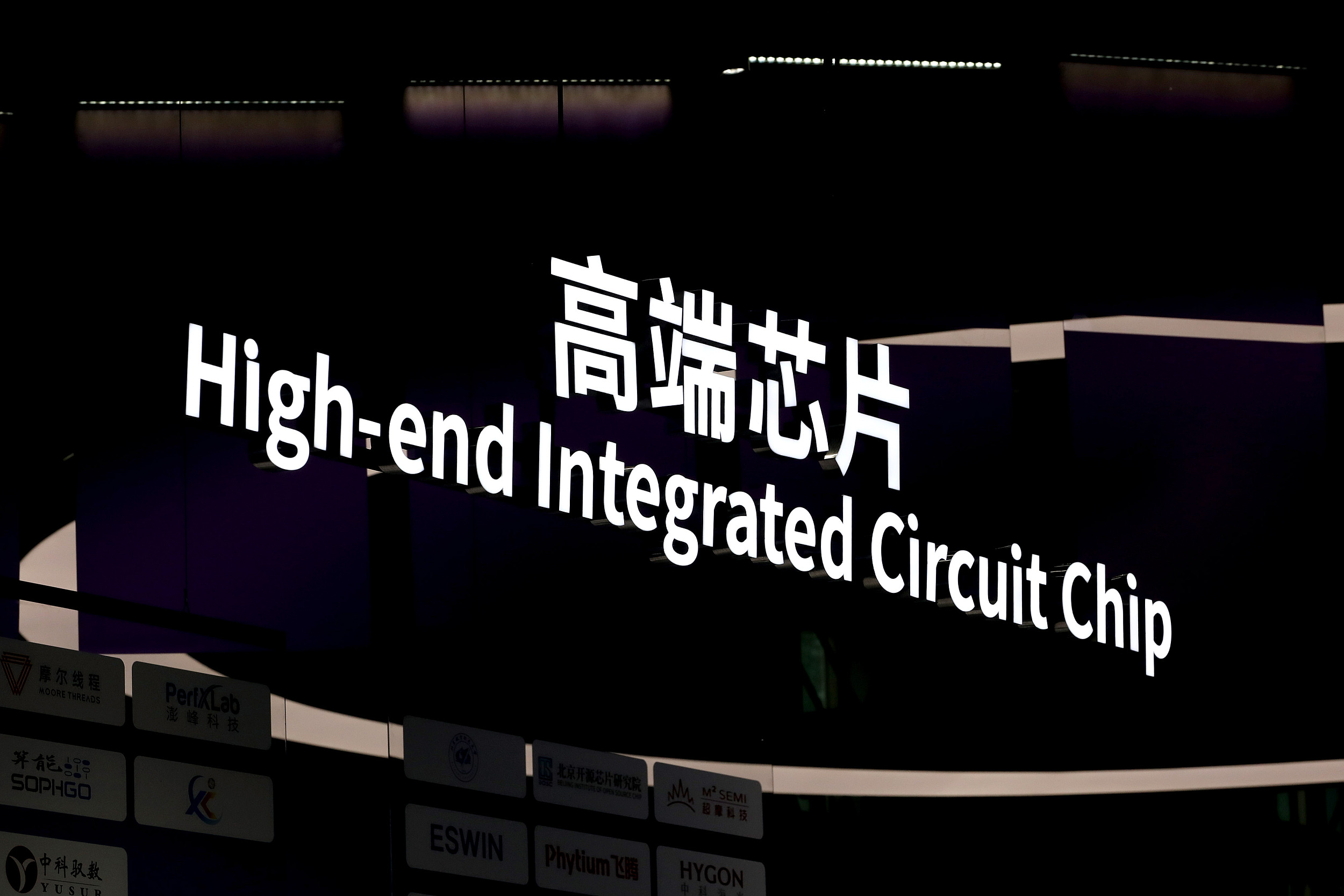The Way Forward for Chinese Tech Firms Against U.S. Curbs

High-end chip exhibition area?at?the?2023 Zhongguancun Forum,?on?May?29,?2023.?(PHOTO:?VCG)?
By GONG Qian
The Biden administration on October 17 announced measures?to halt shipments to China of more advanced chips and manufacturing gear?designed by Nvidia, AMD, Intel?and others.?These measures will go into effect in 30 days from the announcement.
The White House also added some more Chinese companies to its “Entity List”, the trade restriction list for foreign companies.?
U.S. Commerce Department Secretary?Gina Raimondo?said the new measures are meant to close the loopholes in export regulations first introduced?in?October?2022?and are?expected to be updated at least annually. She also said the administration was not seeking to hurt Beijing economically. ?
In response, the U.S. Semiconductor Industry Association (SIA)?said?in a statement,?“Overly broad, unilateral controls risk harming the U.S. semiconductor ecosystem without advancing national security as they encourage overseas customers to look elsewhere.”?SIA represents 99 percent of the U.S. semiconductor industry by revenue and nearly two-thirds of non-U.S. chip firms.
According to U.S. news outlet Washington Examiner, after the new regulation was announced, Nvidia’s share price fell by almost 10?percent, a loss in market value of almost ?100 billion?USD, which the outlet called a? ?“clearly excessive”?decline.
What is worse is that since the semiconductor development requires global cooperation, the so-called closing of loopholes will further destabilize the global supply chains. As loyal followers and allies of the U.S., Japan and the Netherlands?are?expected to join the U.S. in enacting the new round of restrictions in coming months. ?However, the two countries’?top chip businesses leader, especially ASML, have raised their eyebrows on account of the considerable economic loss.
“ASML was already chafing under earlier regulations that barred it from exporting a more sophisticated lithography machine to China,”?Vera Kranenburg, a China researcher at the Clingendael Institute, a Dutch think tank, told The New York Times (NYT).
On October 24, ASML reported 659.14 million?USD?revenue during the third quarter, with a strong contribution from the Chinese market, accounting for 46 percent of its sales. Analysts at TD Cowen estimated that the new export controls could cut 10 to 15 percent of the company’s China revenues, according to the NYT.
ASML also said?in a statement that the new measures will likely have an impact on the regional split of its systems sales in the medium to long term.
Although the U.S. is trying to?choke?China’s semiconductor industry, China’s domestic chip market is booming with with the top domestic chip equipment makers’ revenues?surging. According to CINNO Research,?a Shanghai-based industry research organization,? the top 10 Chinese equipment manufacturers logged revenue of around 16.2 billion RMB (about 2.2 billion USD) in the first half of 2023, up 39?percent?year-on-year.
Additionally, in the face of U.S. sanctions, China’s semiconductor industry is making progress toward more advanced chips. Analysts said that Chinese manufacturers were getting better at producing equipment in areas such as etching and cleansing, where they compete globally with the likes of U.S. firms Applied Materials and Lam Research, said Reuters.
Amid the tech war, America’s?restrictions on technology exports are unlikely to ease and will probably get even worse. But China’s self-reliance is the way forward.







